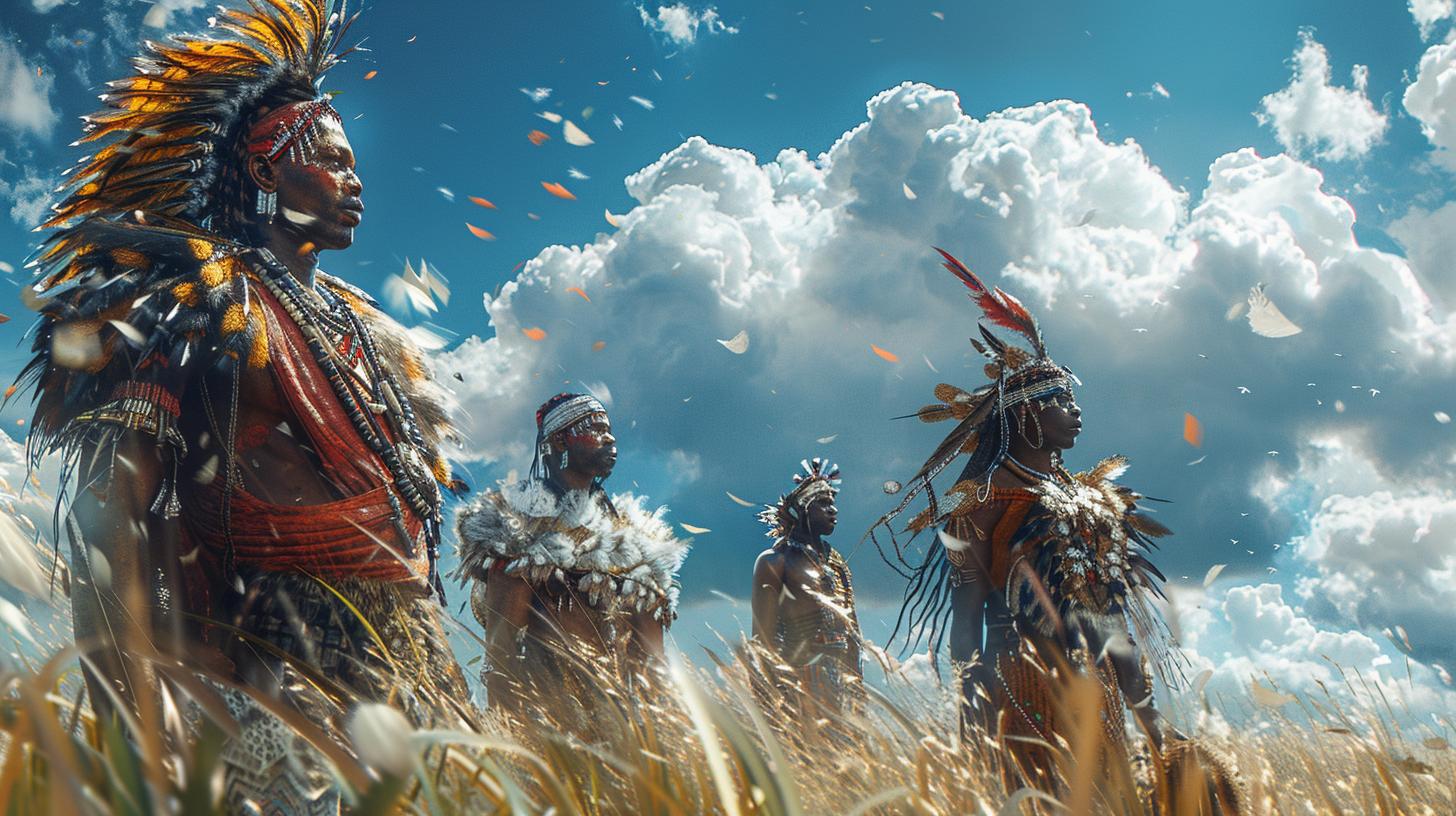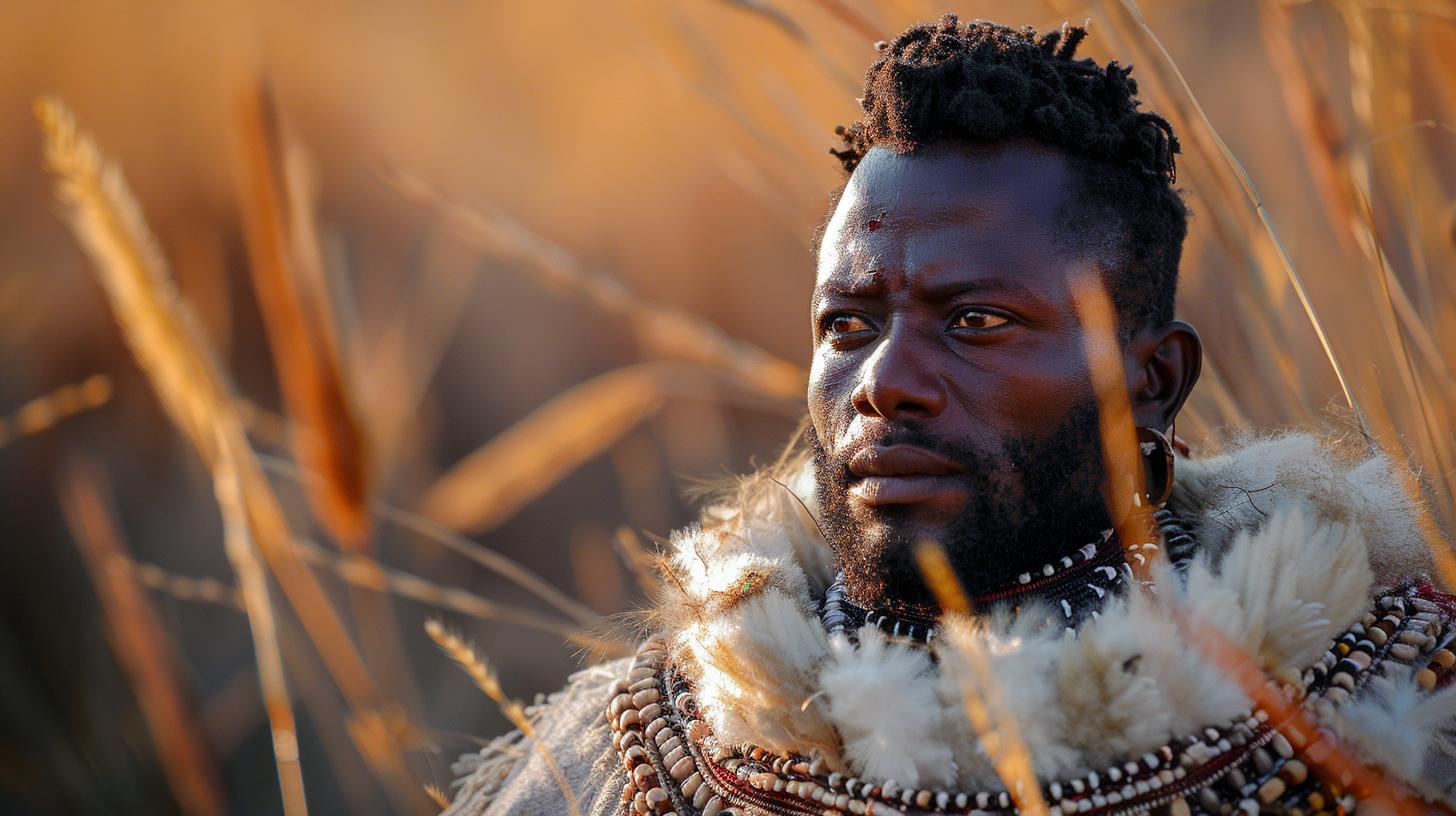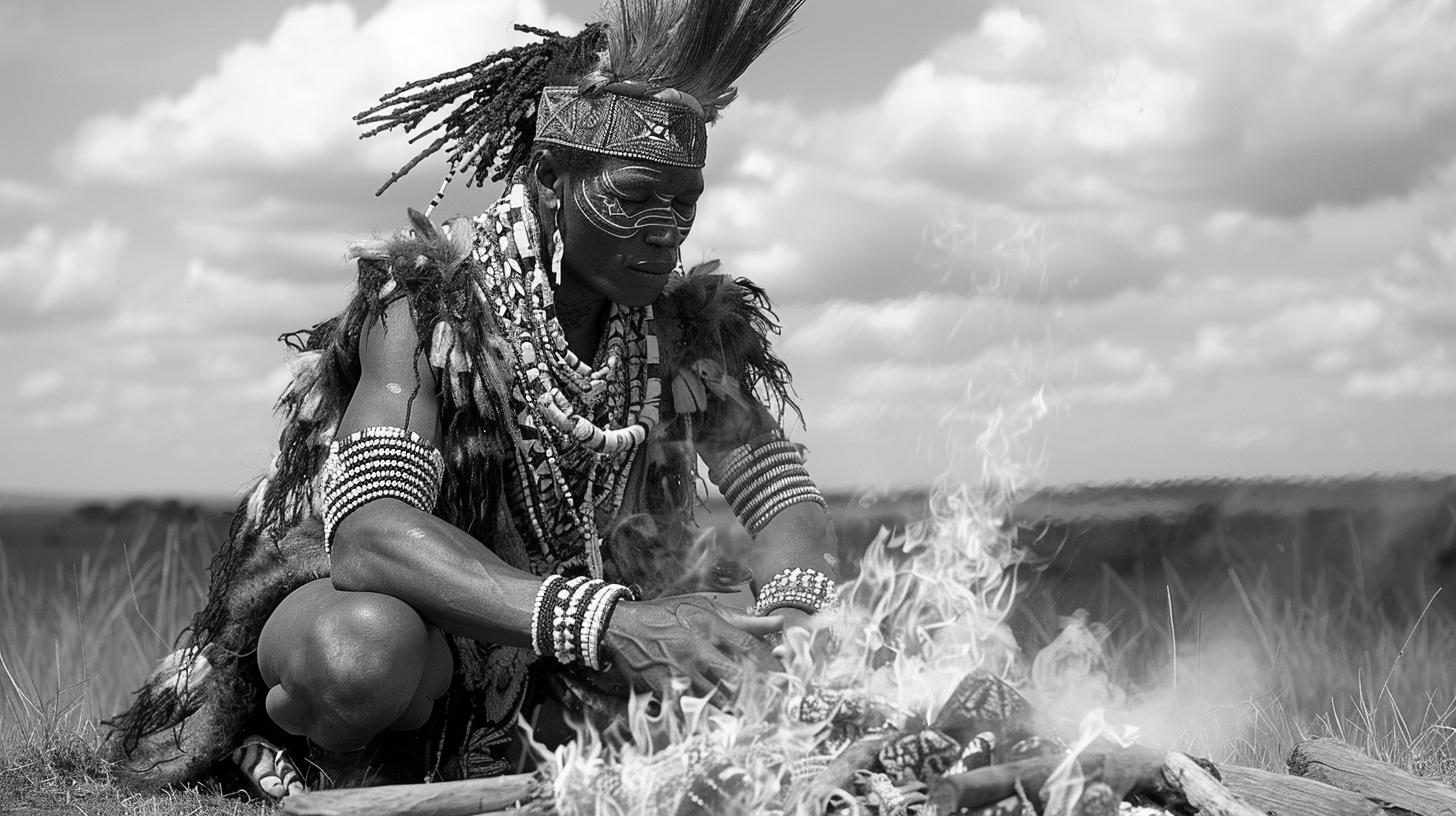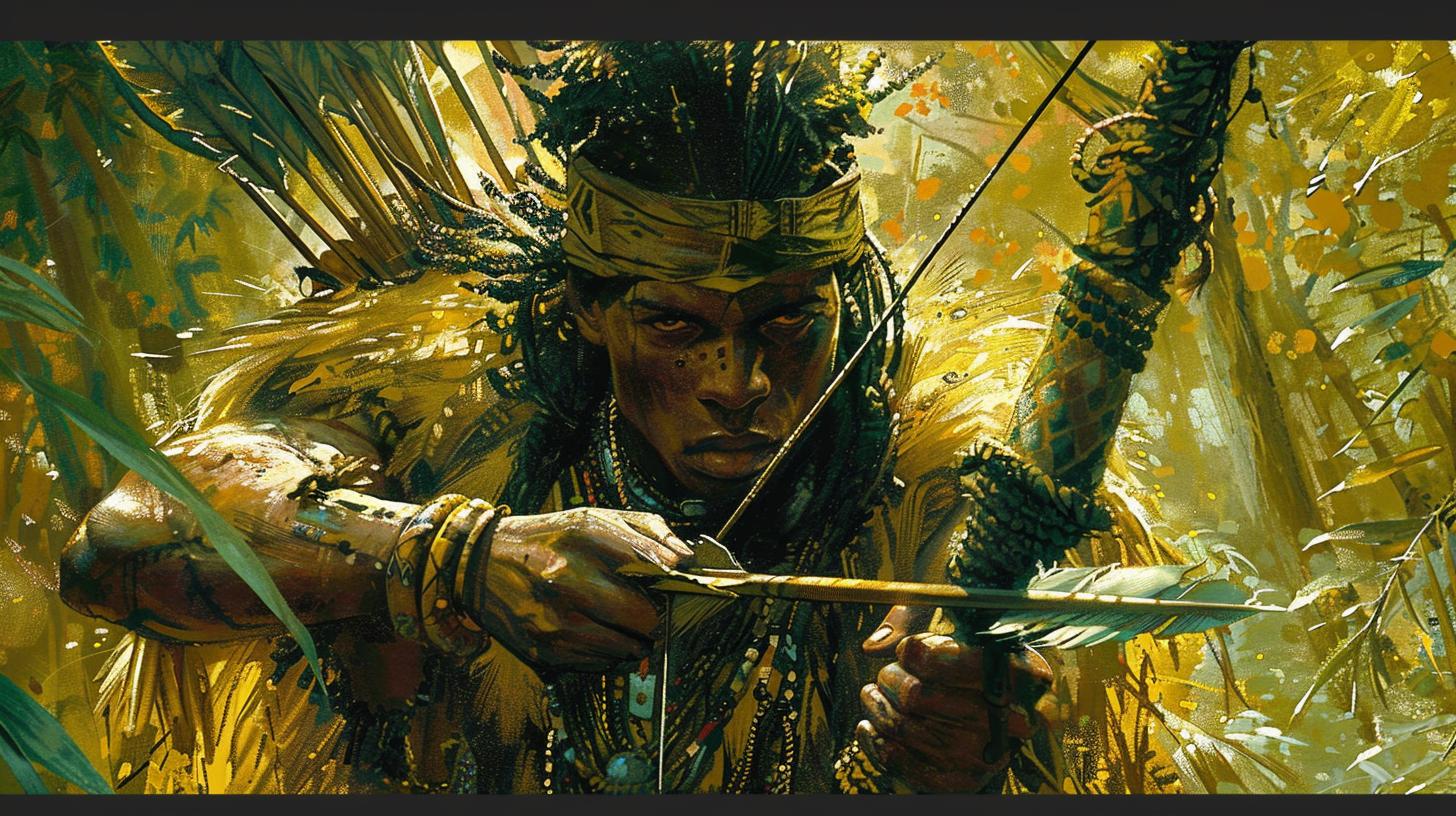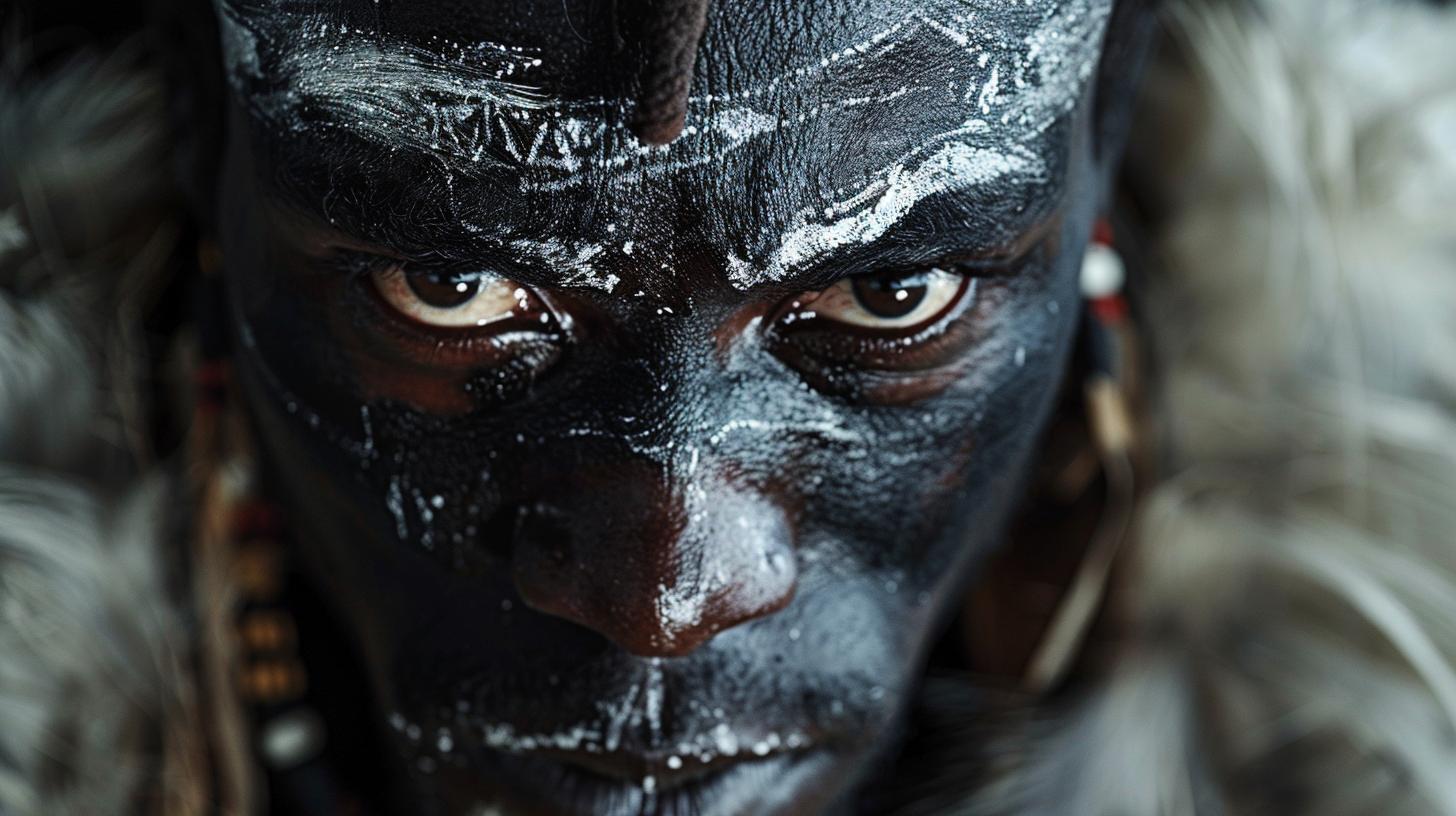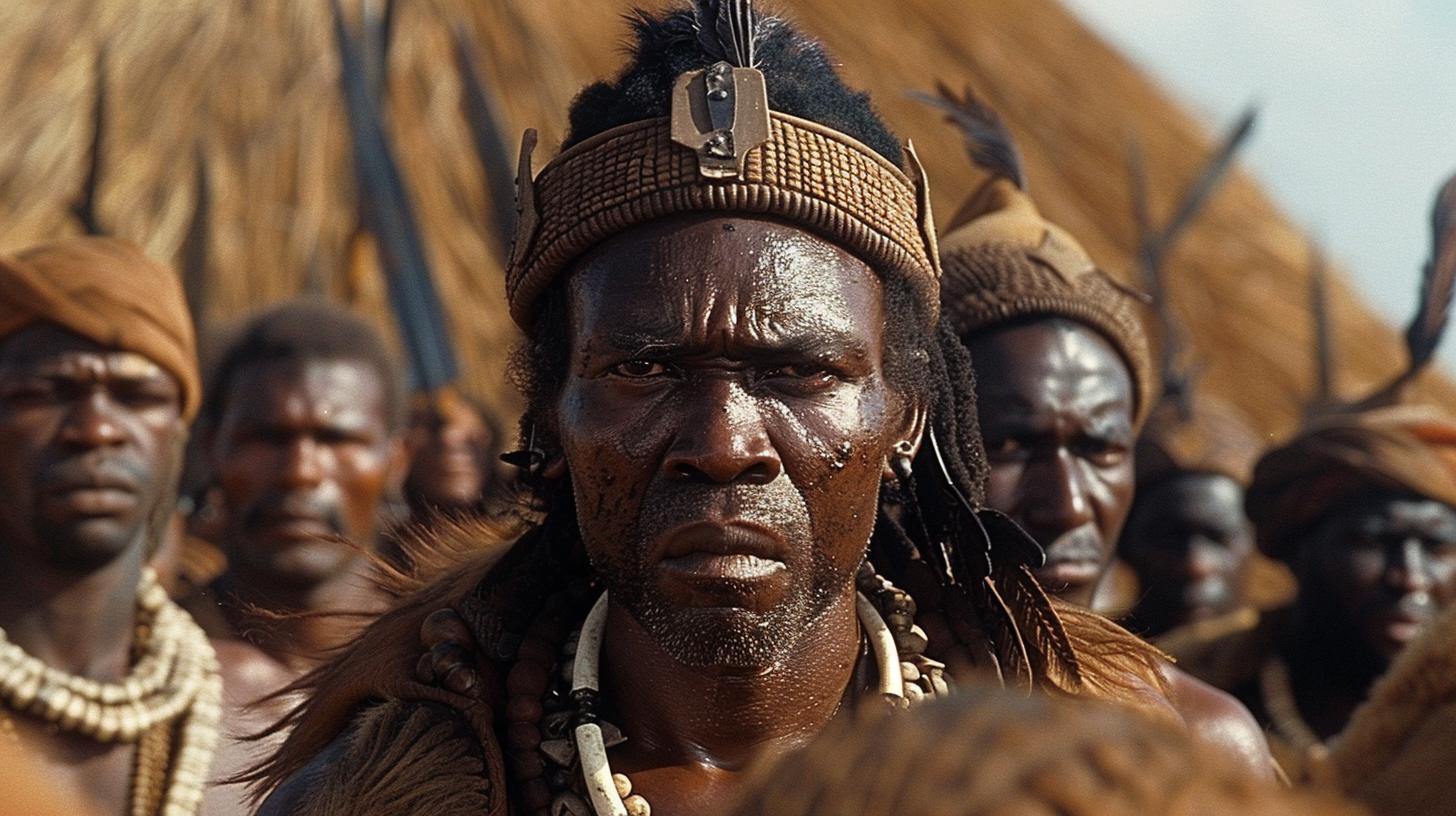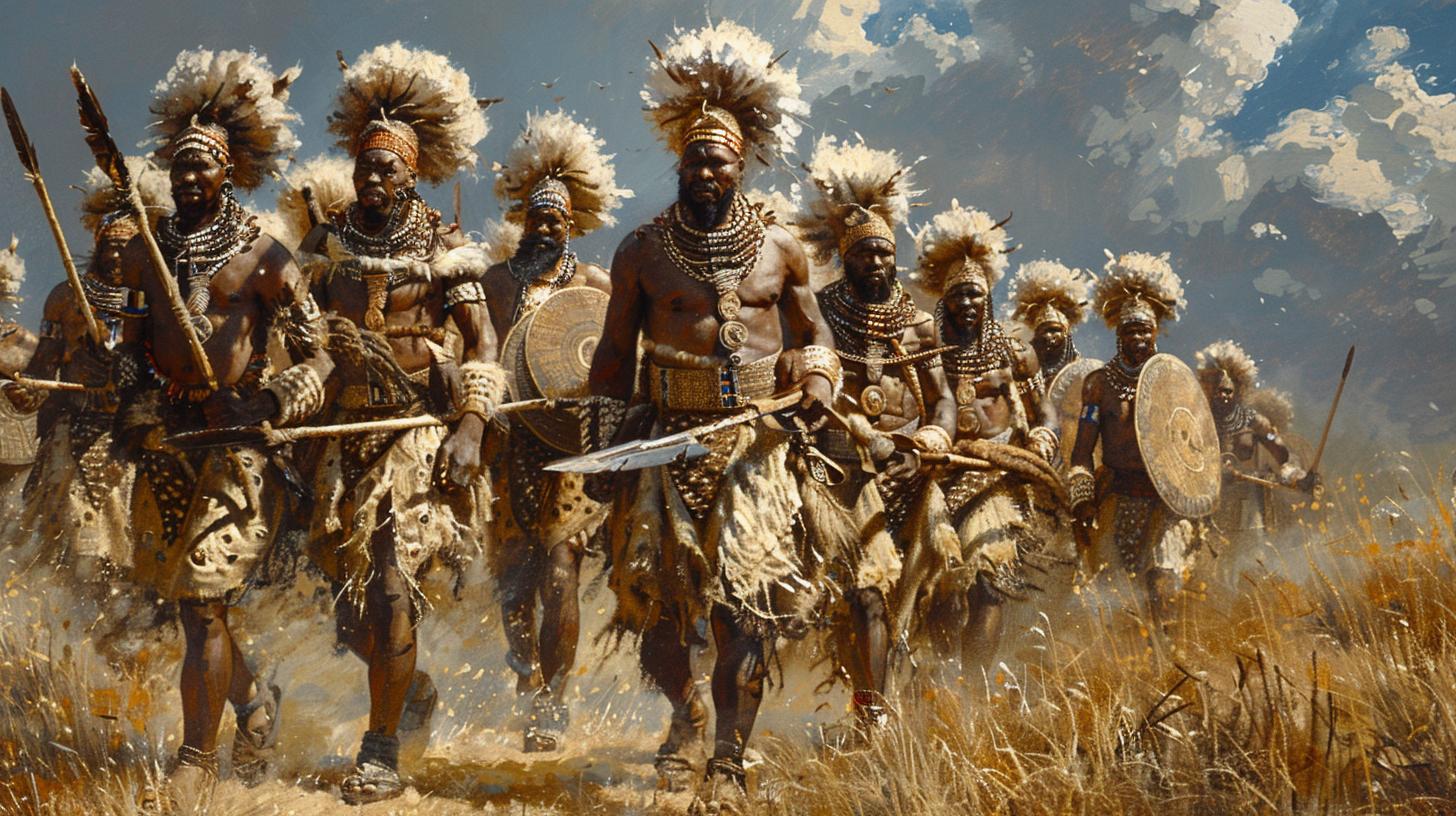What Is Zulu Mythology: A Fascinating Look at the Legends of the Zulu People
Zulu Mythology is a vital aspect of Zulu culture, centered around the creator god Unkulunkulu. Other deities like Nomhoyi and Nomkhubulwane are also revered. Creation stories and moral teachings play a crucial role in Zulu society and mythology’s transmission.
List of Zulu Gods and Goddesses
Background of Zulu Mythology
Origin of Zulu Mythology
Zulu Mythology traces its origins to the creator god Unkulunkulu, who emerged from the reeds and brought forth the Zulu people and livestock. Unkulunkulu is revered as the Supreme Creator and is attributed with the creation of the world and all its inhabitants, including mountains, streams, and wildlife.
He imparted knowledge of hunting, agriculture, and fire-making to the Zulu people, establishing the foundation of their culture.
Importance of Zulu Mythology in African Culture
Zulu Mythology holds significant importance in the broader context of African culture, serving as a source of traditional wisdom, moral guidance, and societal values for the Zulu people. The myths and legends of Unkulunkulu and other deities are deeply intertwined with various aspects of Zulu life, influencing their beliefs, practices, and worldviews.
Relationship Between Zulu Mythology and Zulu People
The relationship between Zulu Mythology and the Zulu people is symbiotic, with myths and stories serving as a cultural touchstone that reinforces the collective identity and heritage of the Zulu community.
Through the retelling of creation narratives and the veneration of deities like Nomhoyi and Nomkhubulwane, the Zulu people reaffirm their connection to their ancestral traditions and the natural world.
Key Figures in Zulu Mythology
Unkulunkulu: The Creator Supreme
Unkulunkulu, the Creator Supreme in Zulu mythology, is the central figure revered for bringing the Zulu people and livestock into existence. He is believed to have created all aspects of the world, from mountains to wildlife, and taught the Zulus crucial survival skills like hunting and farming.
Nomhoyi: Goddess of Rivers
Nomhoyi, the Goddess of Rivers, holds a significant role in Zulu culture, symbolizing the vital connection between water sources and livelihood. Stories depict her as a benevolent deity, ensuring the abundance of water for agriculture and communal well-being.
Relationship Between Nomhoyi and Zulu Culture
The relationship between Nomhoyi and Zulu culture emphasizes the importance of respecting and preserving natural resources, particularly rivers, as sources of sustenance and spiritual significance in daily life.
Nomkhubulwane: Goddess of the Rainbow
Nomkhubulwane, known as the Goddess of the Rainbow, represents fertility, prosperity, and harmony in Zulu mythology. Her presence is associated with agricultural abundance and the cyclical nature of life’s blessings.
Inkosazana: Goddess of Fertility
Inkosazana, the Goddess of Fertility, embodies the Zulu people’s reverence for procreation, growth, and the continuity of life. Her role extends beyond physical fertility to encompass spiritual and cultural abundance.
uNgungi: God of Smiths
uNgungi, the God of Smiths, is honored for his craftsmanship, forging essential tools and weapons that are instrumental in Zulu society. His skills symbolize ingenuity and the transformative power of creativity.
iNyanga: Goddess of the Moon
iNyanga, the Goddess of the Moon, is associated with cycles, timekeeping, and the mysteries of the night sky in Zulu beliefs. She governs rhythms of nature and influences spiritual practices related to lunar phases.
Creation Stories in Zulu Mythology
Creation stories in Zulu Mythology hold a significant place in the cultural heritage of the Zulu people, offering insights into their beliefs and origins. These stories are rich in symbolism and tradition, reflecting the deep connection between the Zulu people and their spiritual beliefs.
Legend of Ukhulukhulwana
The legend of Ukhulukhulwana, an ancestral being from the stars, is a tale that highlights the importance of wisdom and civilized living among the ancient Zulu people. Ukhulukhulwana’s teachings continue to resonate with the values of the Zulu society today, emphasizing the significance of knowledge and morality in shaping human behavior.
Unkulunkulu’s Creation of the World
Unkulunkulu‘s role as the Creator Supreme is central to the Zulu creation myth, depicting his divine power in shaping the world and all living beings within it. The story of Unkulunkulu‘s creation of the world serves as a foundational narrative for the Zulu people, emphasizing the sacred nature of their origins and existence.
Teachings of Unkulunkulu to Zulu People
Unkulunkulu‘s teachings to the Zulu people encompass a wide range of knowledge, from practical skills like hunting and agriculture to spiritual guidance on living harmoniously with nature. The impact of Unkulunkulu‘s teachings on Zulu society is profound, shaping their cultural practices and ethical values for generations to come.
Impact of Unkulunkulu’s Teachings on Zulu Society
The teachings of Unkulunkulu have played a pivotal role in shaping the social structure and moral foundation of Zulu society. Through these teachings, the Zulu people have learned to respect the environment, honor their ancestors, and maintain a strong sense of community solidarity.
Unkulunkulu‘s wisdom continues to inform the values and traditions of the Zulu people, illustrating the enduring legacy of their mythological heritage.
Significance of Zulu Mythology
Exploring the significance of Zulu mythology unveils a complex tapestry of beliefs and values that underpin the cultural identity of the Zulu people. These myths serve as more than mere tales; they form the moral and ethical foundations that guide their everyday lives and interactions.
Moral and Ethical Foundations in Zulu Mythology
- The moral teachings embedded within Zulu mythology emphasize virtues such as respect, courage, and unity among the community.
- Stories of bravery and sacrifice exemplify the importance of integrity and selflessness in Zulu society.
Connection Between Zulu Mythology and Nature
Zulu mythology intricately intertwines with the natural world, highlighting a deep reverence for the environment and its creatures.
The tales of Nomhoyi and Nomkhubulwane underscore the Zulu people’s harmonious relationship with rivers, rainbows, and other natural elements.
Transmission of Zulu Mythology Across Generations
The oral tradition plays a pivotal role in preserving and passing down the rich tapestry of Zulu mythology from one generation to the next. Through storytelling and ritual performances, the timeless wisdom of Unkulunkulu and other deities continues to shape the beliefs and values of modern Zulu communities.
Role of Oral Tradition in Preserving Zulu Mythology
- Elders serve as storytellers, weaving the narratives of creation, heroism, and wisdom into the fabric of everyday life.
- Rituals and ceremonies honor the deities and ancestral spirits, ensuring their eternal presence in the hearts and minds of the Zulu people.
Comparisons with Other Mythologies
When comparing Zulu mythology with Western mythology, notable contrasts emerge.
While Western mythology often features immortal gods and grand battles, Zulu mythology emphasizes the relationship between the natural world and humanity.
Similarities Between Zulu Mythology and Other African Mythologies
- Shared Themes in African Mythological Traditions:
African mythologies, including Zulu mythology, share common themes such as the importance of ancestors, nature worship, and the interconnectedness of all living beings.
These shared themes reflect the diverse yet interconnected cultural heritage across the continent.
- Influence of Zulu Mythology on Neighboring Cultures:
Zulu mythology has had a significant impact on neighboring cultures, influencing their beliefs, rituals, and traditions. The stories and symbols of Zulu mythology have transcended borders, fostering cultural exchange and mutual understanding among diverse African communities.
Modern Interpretations of Zulu Mythology
Modern interpretations of Zulu mythology reflect the ongoing relevance of traditional themes in contemporary society. As ancient beliefs blend with modern perspectives, Zulu myths continue to inspire various forms of art, literature, and cultural expressions.
Contemporary Relevance of Zulu Mythological Themes
Zulu mythological themes resonate in current times, offering insights into universal human experiences and emotions. The timeless messages of Zulu mythology adapt to modern contexts, providing valuable lessons and perspectives on life, nature, and spirituality.
Incorporation of Zulu Mythology in Popular Culture
Zulu mythology has found its way into popular culture through diverse mediums such as art, literature, music, and film. Artists and creators draw inspiration from Zulu myths to craft captivating narratives that entertain, educate, and provoke thought.
Representation of Zulu Mythology in Art and Literature
- Visual artists depict Zulu deities and creation stories in paintings, sculptures, and installations, capturing the essence of the myths in compelling visuals.
- Writers and poets weave Zulu mythological motifs into their works, infusing storytelling with the magic and wisdom of ancient tales.
- Modern reinterpretations of Zulu myths in literature explore new narratives and perspectives, highlighting the enduring relevance of these ancient stories.
- Collaborations between artists, writers, and scholars bring Zulu mythology to a global audience, fostering cross-cultural appreciation and understanding.
.

